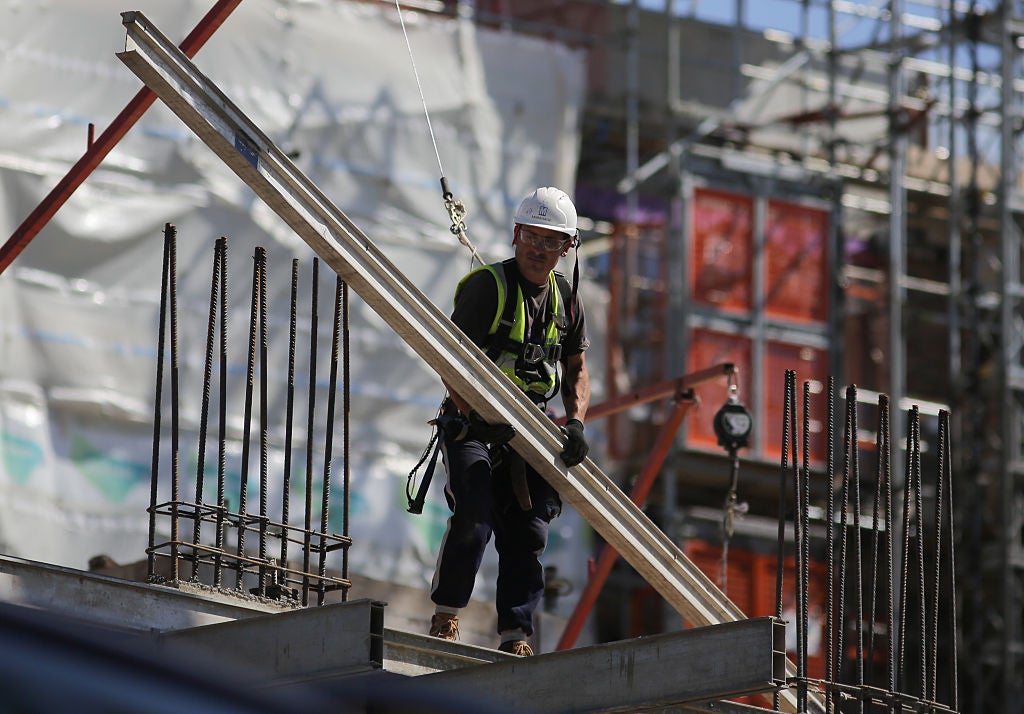MPs accuse government of wasting ‘unique opportunity’ to ease UK’s housing shortage
Poorly designed programme to sell off surplus public land has failed to boost housing supply, says Public Accounts Committee

The government has “a unique opportunity” to alleviate Britain’s housing crisis by selling off surplus public land, but it has been squandered due to a lack of proper controls on what the land is then used for and other failures, according to MPs.
Citing government figures, the Public Accounts Committee said on Wednesday that only 40,500 homes have been built on sold-off public land since 2011 when the first of two land-for-housing programmes started, noting that even that number is inflated. Once pre-existing homes that have simply been transferred to the private sector and those on land sold before 2011 are discounted, the result is just 23,721 new homes.
“The nation’s housing crisis has been prolonged by the government’s failure to develop a strategy for public land disposal. We are frustrated that this unique opportunity has been wasted,” the committee’s chair Meg Hillier said.
“The objectives of its land disposal programmes are chaotic and confused. We are baffled that the programmes were not designed with a view to how many homes were needed of what type and where, nor how the proceeds will be used.”
According to the committee, there is a “severe” shortage of affordable homes in some areas, particularly social homes for rent.
The ‘pod homes’ that sit on stilts above car parks designed to crack the housing crisis
Show all 7The government does not place specific requirements on the type of housing that should be built on the formerly public land, saying the local authorities are responsible for this. But the committee said building affordable homes is not possible without central government support.
Moreover, there are “tensions” within the twin land disposal targets: for example, under the 2015-2020 programme, the government plans to secure £5bn through the sale of public land and property on the one hand, and to release enough land for at least 160,000 new homes in England on the other.
“There is a trade-off between proceeds and delivering affordable homes – the higher the number of affordable homes, the lower the sales proceeds,” the MPs said, implying that the land is worth less to developers if it must be used for affordable housing. But the housing ministry does not conduct any cost-benefit analysis to decide which target to prioritise, they noted.
“There is a danger that less attention is being paid to the types of affordable homes delivered under the programme, such as social rent and shared ownership,” the MPs added.
The government’s definition of a home under its current programme includes a new affordable home without specifying what that means; a new, more expensive “market home”; a care home; and new accommodation for essential local workers such as health service and prison staff – in addition to other types of housing.
The MPs said the housing ministry has still not collected data on how many affordable homes and homes for key workers have been built, despite their earlier recommendations, although it is now collecting this data.
They added: “We are concerned by the Ministry of Housing, Communities and Local Government’s failure to translate surplus land into new homes and are struggling to see how this could improve in the coming years.”
Subscribe to Independent Premium to bookmark this article
Want to bookmark your favourite articles and stories to read or reference later? Start your Independent Premium subscription today.

Join our commenting forum
Join thought-provoking conversations, follow other Independent readers and see their replies